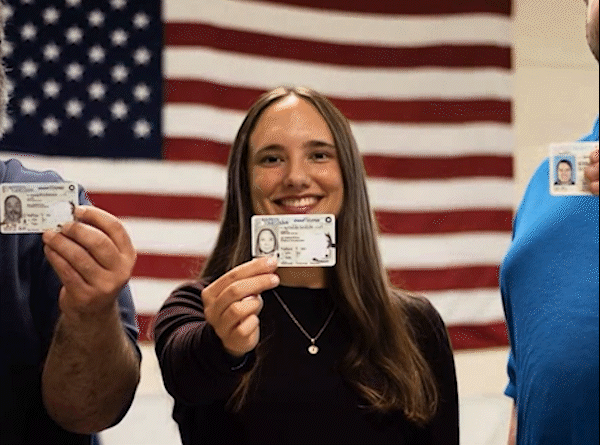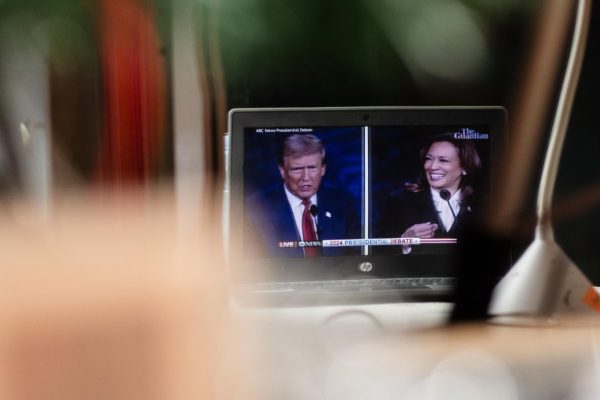True feminism should be unconventional
“Mimi bia lee a anya,” My mother calls: ‘Miracle come look at this.’ There on her phone she shows me a video of a young woman (let’s call her Jane to protect her identity), not much older than me. Jane had migrated to Libya fleeing the crisis that has plagued our country Nigeria. She was taken by a group of men after being promised a better life. Giving into the vision of luxury she went along with them, only to be beaten and treated in the most inhumane way. No animal could suffer what this young woman suffered.
Unfortunately this is the reality that so many young girls must face, not just in Africa but all over the world. Knowing this detestable truth inspires me to be the best unconventional feminist I can possibly be.
True feminism in my eyes isn’t about walking up and down the streets of New York baring my chest out to the world in the name of gender equality and women’s rights. Neither is it being stuck in a world in which I hate all men and strive to top them in any way that I can. It’s being the voice for the thousands of women who don’t have a voice. Who are supressed by the winds of so-called male authority. Women like Jane. And Chiamaka.
The only girl in a family of six, Chiamaka was brought to our home in Nigeria when she was around the age of 8. She was to be our caretaker and maid. In exchange for her services my mother would fund her schooling, because her family could not afford to send all four children to school. So her father made the decision to send Chiamaka away from home, for the sole reason that she is a girl.
Recalling this story made me wonder why: Why would a father send off his young daughter to work while his older sons stay home to focus on school? Because his mentality was that if something didn’t work out, her education would be in jeopardy. Besides, her primary purpose in life is to be able to cook, clean, and satisfy the man that would take her as his wife, right?
Obviously his state of thinking was wrong, but unfortunately this mentality is not in the minority. In many patriarchal societies, especially those that are not part of western civilization, the importance of a woman’s education is mitigated, hindering the dreams of so many bright young women who have so much to give to the world.
Although the journey to a proper education and a decent life was a treacherous one for her, Chiamaka eventually finished school. I can’t help but imagine how much better the outcomes of her future would have been if she had been born a man.
In a perfect world every young woman would have the opportunity to properly educate themselves, reach their goals and full potential, and express themselves fully. This is what I see when I think of feminism. Not a world in which I reject the virtues of my femininity in an effort to erase the stigma of being the “weaker vessel”.
True feminism recognizes that men and women are fundamentally equal, yet both genders bring different things to the table feminism should not ignore the fact that some women may be physically weaker, but it will unveil the reality that women have a emotionally collective strength, an air of compassion and a flare of bravery that is very unique to the female species.
True feminism seeks to reconcile the differences between the two genders, rather than pitching the two sides against each other, criminalizing, or creating a robotic atmosphere of uniformity in the name of equality. It equips everyone–men and women alike–with hope and encouragement to follow their dreams and achieve their goals. Feminism is about bringing men and women together rather than creating a divide. It’s educating each gender so that respect and acceptance can reign supreme over dishonor and division.
True feminism breaks the chain of discrimination against women, it is more than a movement for equality:It is a revolution that starts with the individual in which we must revere the words of Maya Angelou: “I’m a woman phenomenally, a phenomenal woman that’s me.”
Your donation will support the student journalists of East Mecklenburg High School. Your contribution will allow us to purchase equipment and cover our annual website hosting costs.







